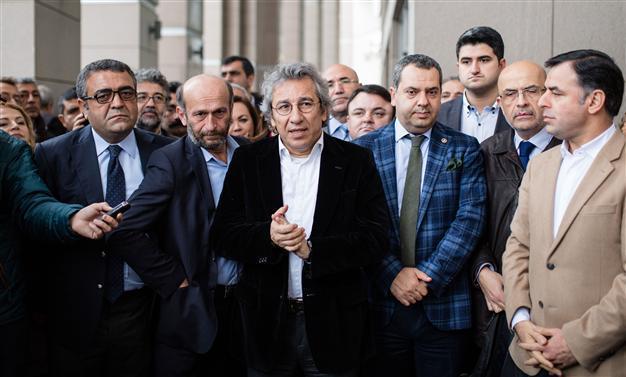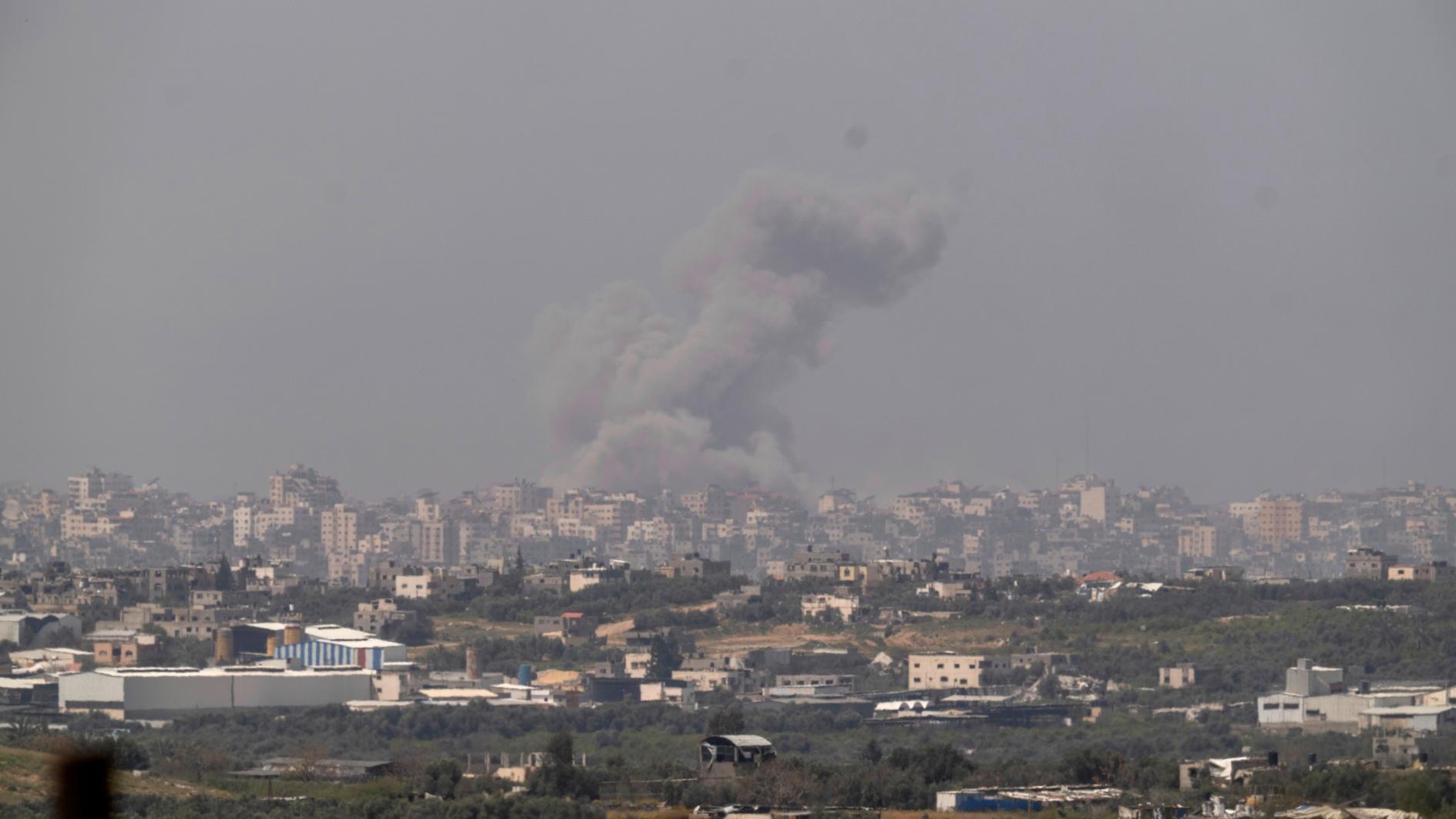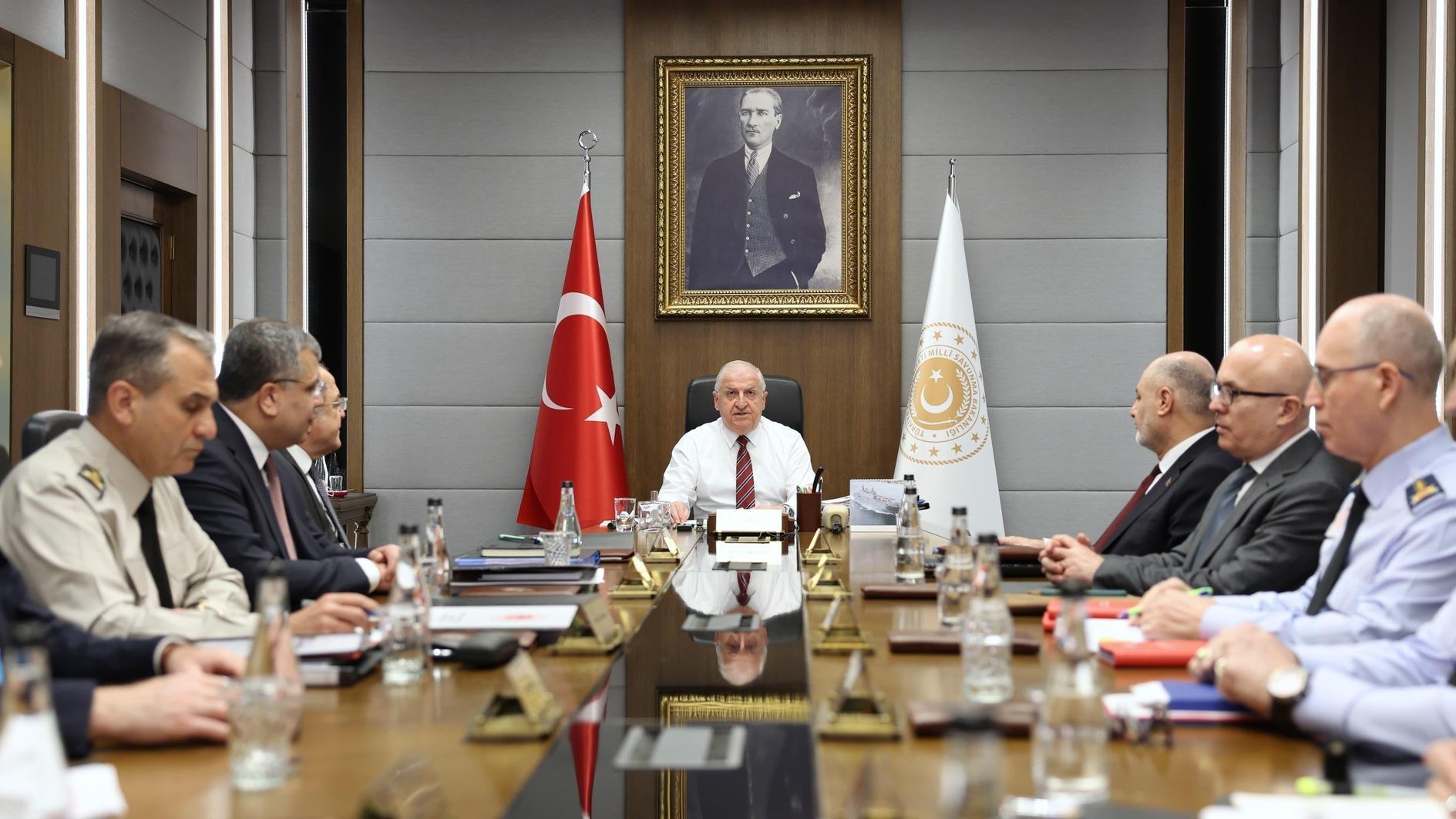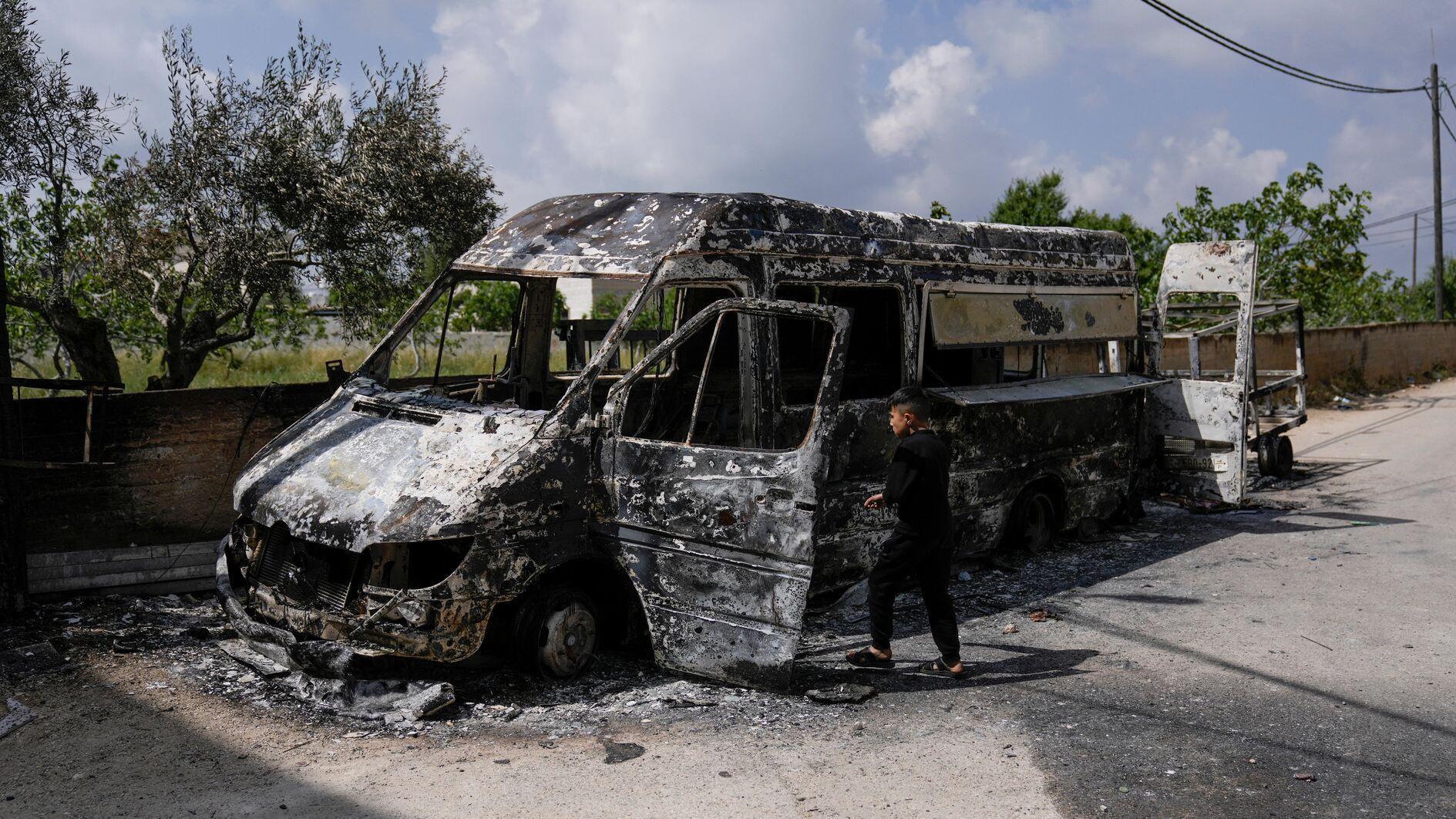Arrest of Turkish journalists over Syria trucks news sparks outrage
ISTANBUL

A handout picture released by Turkey's Cumhuriyet daily shows Cumhuriyet editor-in-chief Can Dundar (C) speaking to the press before attending a hearing in Istanbul on November 26, 2015. AFP Photo
Domestic and international press institutions and political figures have condemned the Nov. 26 arrest of daily Cumhuriyet editor-in-chief Can Dündar and Ankara bureau chief Erdem Gül for their news report on Syria-bound intelligence trucks.Turkey’s left-wing opposition has strongly condemned the arrest of two prominent journalists on charges of assisting terrorists, with the leaders of both the Republican People’s Party (CHP) and the Peoples’ Democratic Party (HDP) arguing the “unlawful” decision was personally imposed by President Recep Tayyip Erdoğan.
“If not those who committed crimes, but those who report the crime, are being arrested, then nobody should say, ‘The press is free and the judiciary is independent and impartial in Turkey,’” CHP leader Kemal Kılıçdaroğlu said in a message posted to his Twitter account late on Nov. 26, shortly after daily Cumhuriyet Editor-in-Chief Can Dündar and Ankara bureau chief Erdem Gül were placed in pre-trial detention after a local court in Istanbul ordered their arrest on charges of spying and “divulging state secrets” by publishing footage that purported to show the state intelligence agency helping send weapons to Syria.
Kılıçdaroğlu released a written statement following the court’s decision, while HDP co-leaders Selahattin Demirtaş and Figen Yüksekdağ also released a joint written statement immediately after the delivery of the ruling.
“It is a black day of democracy and freedom of the press,” said Kılıçdaroğlu, calling the ruling “unlawful.”
“This is an unlawful detainment which was taken upon the order of the person who resides in the ‘Kaçak Saray’ [Unlicensed Palace],” Kılıçdaroğlu said, using a byword commonly used by the opposition to refer to Erdoğan and his gargantuan presidential palace which was allegedly constructed without appropriate permits.
“From a file which would not even be a subject for a court according to the provisions of the Press Law, a case has been fabricated with a complaint petition from the presidential office … While the truth about the MİT [National Intelligence Organization] was published serially everywhere including the ‘government newspapers’ for one year, it was declared a ‘state secret’ when Can Dündar and Erdem Gül wrote about it, and the two journalists have been arrested on charges of espionage,” Kılıçdaroğlu said.
Demirtaş and Yüksekdağ condemned the arrest of Dündar and Gül “in the strongest way,” noting that it lays bare uncomfortable truths about Turkey.
“Freedom of expression, people’s right to be informed and freedom of the press in Turkey are trampled on and violated every day. There are no universal and democratic criteria. The judicial mechanism is acting under the control of the ruling party and the Palace. President Erdoğan has ordered the arrests as a punishment for writing the report,” they said.
“Those who have been materially and morally supporting organizations like al-Nusra, ISIL [the Islamic State of Iraq and the Levant] and Ahrar al-Sham, which are derivatives of al-Qaeda, and who have been supplying logistical support and providing weaponry and monetary assistance to them, are now striving to ban talk of these issues. However, these efforts will succeed in preventing the giving of an account before independent and impartial national and international law,” the co-chairs said.
Domestic and international press institutions have also condemned the arrests, expressing concern for free press and the right to information.
Turkish Journalists’ Association head (TGC) Turay Olcayto said arrests “should not be the cost of this story,” vowing to continue their struggle to achieve a modern democracy in Turkey.
Press Council head Pınar Türenç said the free press and the right to access information had been arrested with Dündar and Gül.
The European Union defined spying charges against Dündar and Gül as "worrying," Agence France-Presse has reported on Nov. 27.
"We are of course following these worrying developments very closely," European Commission foreign affairs spokeswoman Maja Kocijancic told a daily briefing, just two days before EU and Turkish leaders meet in Brussels.
"Freedom of expression is one of the fundamental principles for the EU (and) ... we have raised these concerns repeatedly with the Turkish authorities," Kocijancic said.
“It is the duty of politicians to observe ‘political interests, not journalists. It is the duty of journalists to provide documents in the public interest and clarify them,” the IPI Turkish National Committee said in a press statement.
Organization for Security and Co-operation in Europe (OSCE) media freedom representative Dunja Mijatović said on Nov. 27 that criminal charges of life imprisonment against journalists further degrades an already critical media freedom situation in Turkey.
“Journalists facing life in prison for their reporting deemed dangerous by the authorities is unacceptable”, Mijatović said. “Even the prospect of such harsh punishment sends a chilling message to society that disagreeing with the views of those in power will be severely punished,” Mijatović stated.
Meanwhile, Erdoğan also broached the subject of MİT’s arms deliveries to Syria in the wake of Turkey’s downing of a Russian jet on Nov. 24.
Attacking those who criticized his government’s ostensible aid to the Turkmens in a speech late on Nov. 24, Erdoğan said: “You know the famous MİT truck betrayal which took place right after the Dec. 17-25 [2013] coup attempt, don’t you? There are some who still write headlines for their newspapers without any shame. Those trucks were trucks taking aid to our Bayırbucak Turkmens. Some are saying, ‘Prime Minister Erdoğan was saying that there were no weapons inside those [trucks].’ What if there were, what if there weren’t? What are we saying: ‘We are taking humanitarian assistance there.’ Who are they? They are our mistreated and oppressed Bayırbucak Turkmen siblings. That’s what we did.”
Erdoğan’s comments brought a response from Dündar. “In that case, what does it matter if it’s published or not published?”
In January 2014, trucks belonging to MİT were stopped by a prosecutor who sought to have the gendarmerie search the vehicles in the southern province of Adana before they crossed into Syria. Claiming that the trucks were carrying “humanitarian aid to Turkmens” in the war-torn country, the Turkish government accused followers of ally-turned-foe U.S.-based Islamic scholar Fethullah Gülen in the judiciary and security institutions of illegally ordering the search.
In February 2014, a ban was imposed on the publication of reports about the search, and in April 2015 a Turkish court arrested 17 active soldiers who stopped the trucks.
There has long been speculation that the aid was actually being sent to jihadists in Syria.
















